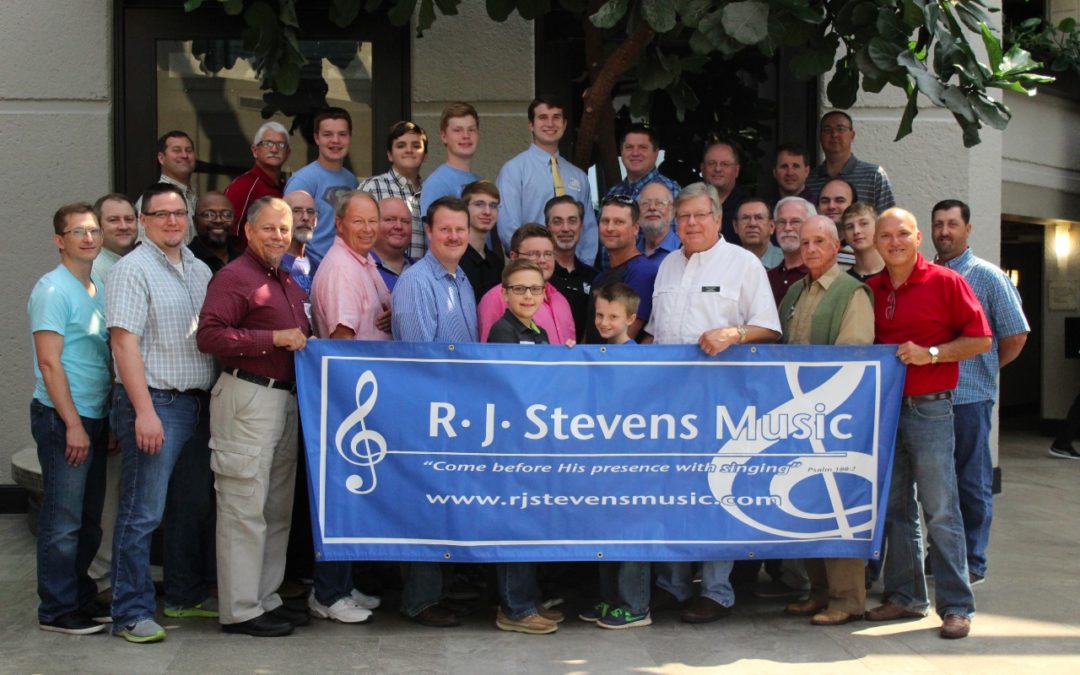
Effective Song Leading
To be asked to lead spiritual songs in the assembly is to be given the privilege of directing the congregation in worship to God. The leader is not just leading singing, but leading others in true worship. An effective song leader is one who realizes the importance of his work.
1. Sincere faith in and love for God are prerequisites to effective song leading.
Sincerity is contagious and our worship must be genuine and earnest in order to be pleasing to the Lord (John 4:23-24).
2. Songs must be selected that appeal to the heart of man.
Ephesians 5:19 and Colossians 3:16 teach that we are to “sing and make melody in the heart” and “sing with grace in the heart” to the Lord. Singing must edify the hearts of those who worship in order for it to be acceptable to the Lord. An effective song leader will take this into consideration.
3. Songs must be selected that the congregation can sing.
Most of the members of a congregation are not able to sight-read new songs. They are in the assembly to worship the Lord in spirit and in truth. If they are unable to sing the song, that part of their worship is vain (Matthew 15:8,9). Learning new songs can be done at special services or classes set aside for that purpose. Once learned, they should be sung in the assembly worship.
4. Following a theme, such as “faith”, “hope”, “love”, etc., makes the song service more effective.
Songs that complement the sermon ought to be used whenever it is possible, especially before the lesson.
5. It takes a whole lot of planning to make our song leading more effective.
A song leader needs to know well in advance that he is to lead the singing so that he can have time enough to plan his part of the worship. The song leader doesn’t want to find out at the last minute that he is to lead any more than a preacher wants to find out at the last minute that he is to preach. There could be cases of emergency, but for this to happen on a regular basis is without excuse. In planning the song service, the song leader should consider using a variety of keys and rhythms. It is monotonous to sing the same key and rhythm over and over. Songs are written in various key signatures (C; F; B flat; E flat; A flat; D flat; G; D; A; E). Also, in music, we find songs in “common” time (2/2; 3/2; 2/4; 3/4 and 4/4) and “compound” time (6/4; 9/4; 6/8; 9/8; 12/8). NOTE: The following example of variety can lead to a more effective song service: “Heavenly Sunlight” (Key of G – 9/8 rhythm); followed by “The Love of God” (Key of D – 4/4 rhythm); followed by “Looking to Thee” (Key of A – 12/8 rhythm). This might sound complicated, but it will help to keep the song service from becoming dull.
6. Enthusiasm is vital to effective song leading.
A quarterback on a football team who has an enthusiastic spirit can motivate his teammates to have the same enthusiasm he has about the game. A song leader who is sincerely enthusiastic can motivate the audience to have the same enthusiasm he has in his heart about singing praise to the Almighty God. Enthusiasm is contagious!
7. The desire to improve is also an important ingredient in being an effective song leader.
Song leaders need to be continually improving in their sight-singing abilities, song directing, pitching songs and learning newer songs. A song leader will lose his effectiveness when he thinks he has learned all he needs to know. The effective servant of the Lord is one who always sees the need of growing in every area of his life as a Christian. Many song leaders have good voices but do not know how to pitch a song correctly. Therefore, the song is led too high or too low, taking away from the effectiveness of the song. This can be eliminated when one learns the process of pitching songs correctly. Also, songs are often led too slowly because the one leading has not learned how to direct the various rhythm (tempo) patterns. This, too, can be corrected.
Effective song leading is accomplished the same way effective teaching is accomplished. It takes a lot of “want to” mixed with hard work. When we see the fruits of more effective song worship, it’s well worth the effort!
R. J. Stevens – Originally Written March 1985



